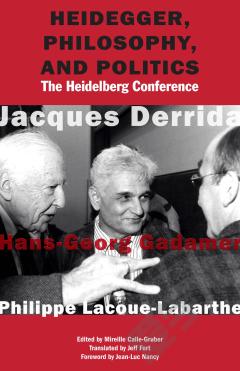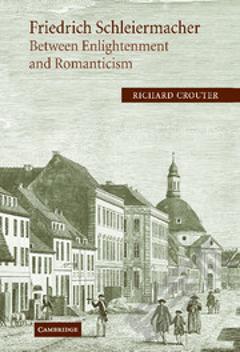Friedrich Schiller: Drama, Thought and Politics
In this important study, Lesley Sharpe assesses Schiller's development as a dramatist, poet and thinker, and provides detailed discussions of all his major works, including his essays on aesthetics. His works are viewed against the social, political and literary background of the late eighteenth century. Spanning a period from the late 1770s to 1805 they explore the insistent themes of the age - the loss of tradition and authority, the individual's claim to self-expression and the search for stability. While the early works focus on the turbulent individual, Schiller later turns to the great public concerns of the French Revolutionary era - legitimacy and power, the exercise of freedom and the relationship between morality and politics. The aesthetic essays explore the vital role of art in integrating the aesthetic, moral and political realms.
{{comment.content}}








 京公网安备 11010802027623号
京公网安备 11010802027623号